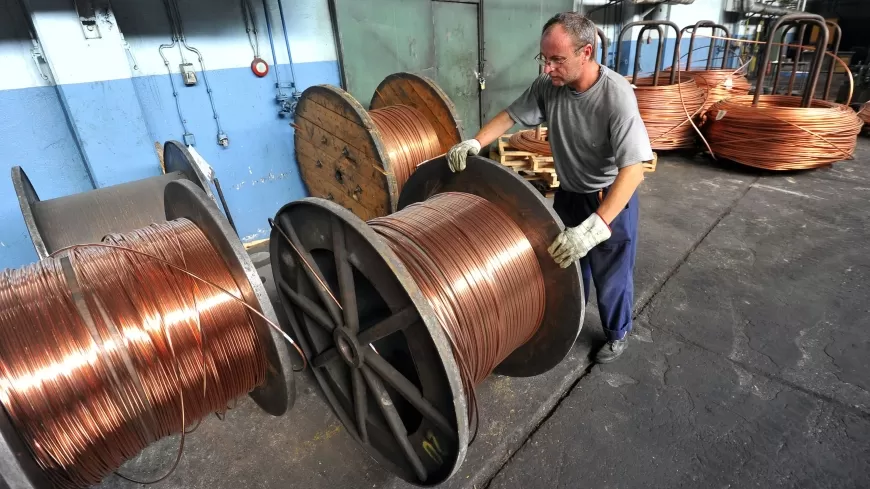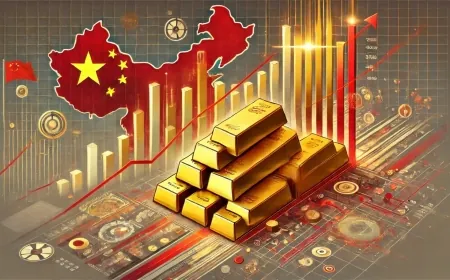Copper Demand for Electric Vehicles Stays Strong Despite Slower EV Sales
Copper demand for electric vehicles remains strong despite slower EV sales, driven by ongoing technological advancements and battery innovations, says IXM Trader

Even though electric vehicle (EV) sales have slowed down, the demand for metals like copper, which are essential for EV production, remains steady. According to Tom Mackay, head of refined metals at IXM, while predicting exact numbers is tricky due to the evolving market, the outlook for copper and other metals used in EVs is still positive.
Challenges Affecting EV Sales
Electric vehicle sales have faced a slowdown recently due to issues like the lack of charging stations and worries about the resale value of EVs. Despite these hurdles, Mackay pointed out that the overall demand for metals like copper remains strong. "EV sales growth is slowing down, but they're still increasing, depending on the region. The demand for these metals is still very healthy," Mackay noted.
Forecasting demand for copper is difficult because the electric vehicle industry is relatively new and influenced by several factors, such as how widely EVs are adopted and changes in battery technology.
Electric Vehicle Sales and Copper’s Importance
According to consultancy Rho Motion, sales of fully electric vehicles (EVs) and plug-in hybrids went up by 32% last year, reaching 13.63 million units. However, the start of this year showed a 25% drop in sales in the first quarter, followed by a 22% rise in the second quarter. This fluctuation makes it challenging to predict EV sales trends, but overall, the demand for copper remains high.
Copper is an important metal used in EV wiring. It is also a key component in EV batteries, which may include other metals like lithium, nickel, or cobalt, depending on the battery's composition.
Advancements in Battery Technology
There have been significant improvements in battery technology, particularly with lithium iron phosphate (LFP) batteries. Mackay highlighted that some LFP batteries can now power vehicles for up to 1,000 kilometers and can charge up to 80% in just 10 minutes. LFP batteries were originally designed for the Chinese market as a more affordable option compared to nickel cobalt manganese (NCM) batteries, but they couldn't support long-distance travel initially. With these improvements, LFP batteries are becoming more viable for longer journeys.
However, Mackay also mentioned that NCM batteries are still likely to be the preferred option in Western countries because they are more valuable when it comes to recycling. “The ability to recycle NCM batteries makes them a more attractive option for car manufacturers,” he said.
IXM's Focus on Metals and Future Trends
As the electric vehicle market grows, IXM has refined its strategy by focusing on the most profitable metals. The company has reduced its global workforce to around 440 people and has exited the aluminum market because it wasn’t delivering the returns they were looking for. Mackay emphasized that IXM will continue to prioritize key metals like copper, zinc, lead, nickel, cobalt, and lithium—metals crucial for the electric vehicle industry and its future growth.
Despite the fluctuations in EV sales, the long-term demand for copper and other essential metals is expected to grow as more countries push for cleaner energy and transportation. For investors, the development of EV technology and battery improvements positions copper as a crucial metal with solid growth potential in the coming years.
Also Read: Is It Time to Invest in Precious Metals? An In-Depth Analysis by iShook Finance Experts






























































